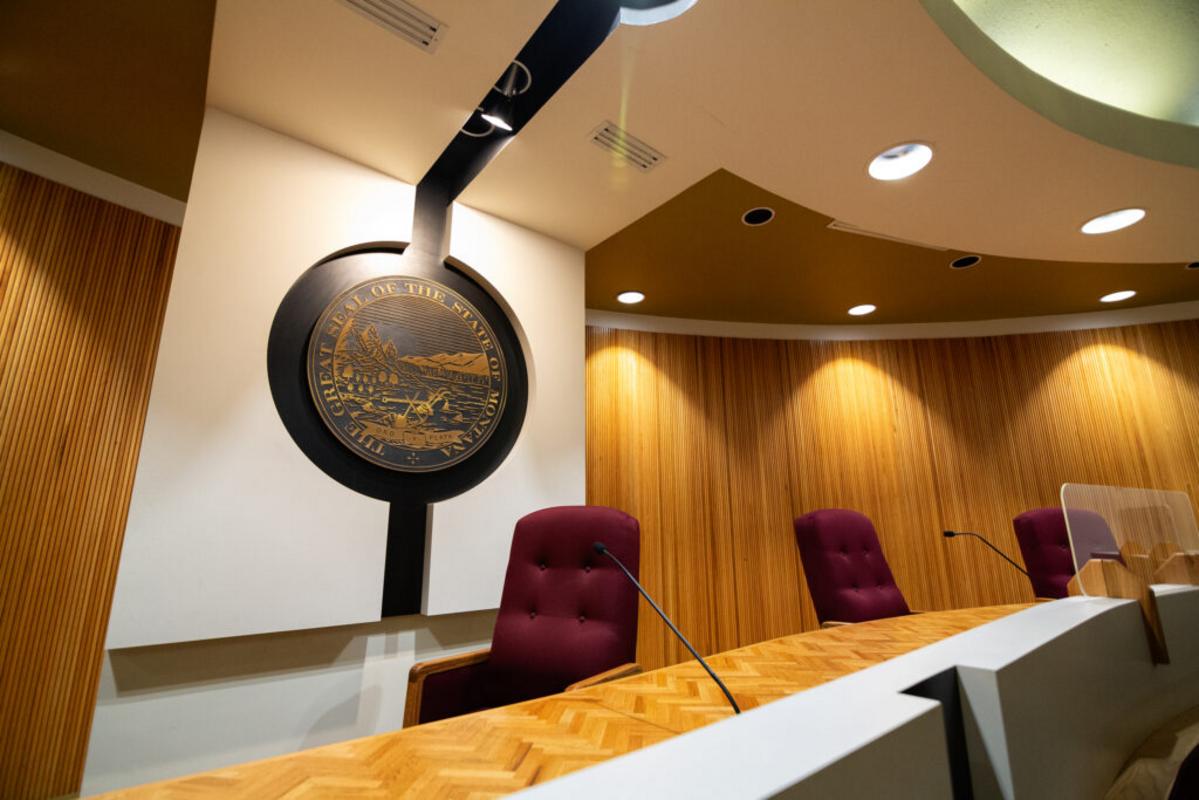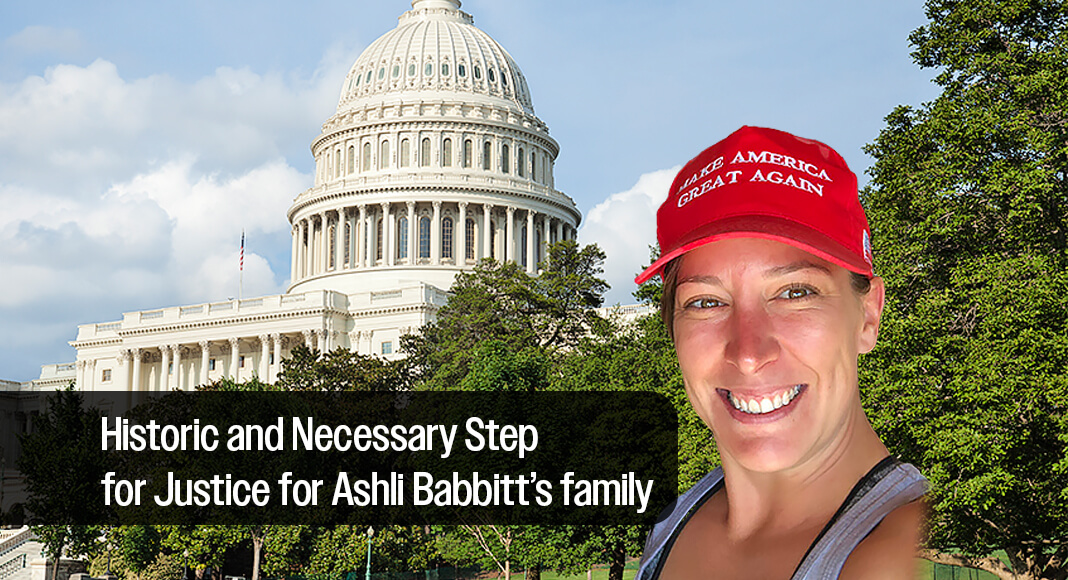
Laura Lundquist
(Missoula Current)Montana judges should prioritize government transparency and the Constitutional right-to-know when they consider awarding court fees to winning plaintiffs, according to a new Montana Supreme Court ruling.
On Thursday, in a 4-3 decision, the Montana Supreme Court further strengthened the right-to-know provided in the Montana Constitution by clarifying when judges can award court fees to plaintiffs who prevail in lawsuits against the state government.
The Supreme Court ruled in favor of plaintiffs Montana Environmental Information Center and Earthworks, who, in June 2023, had won their right-to-know case against the Office of the Governor. Lewis and Clark County District Judge Christopher Abbott had found “that the Governor’s Office shirked its clear legal duty to honor MEIC’s request” for information related to the Montana Department of Environmental Quality’s voluntary dismissal in 2021 of its “bad actor” enforcement against Hecla Mining Company and its CEO, Phillips S. Baker, Jr., according to court records.
Abbotthad orderedthe Governor’s Office to turn over the information within six weeks but denied the plaintiffs’ request for the award of court fees. So the plaintiff’s appealed to the Supreme Court, which led to Thursday’s ruling.
Justice Laurie McKinnon wrote for the majority that “the District Court prioritized the Governor’s Office’s lack of bad faith and the taxpayer burden of a fees award over the value of the public service accomplished by MEIC.” However, the lower court should have reversed that priority, recognizing that that the government violated a fundamental right when it “pushed back” against the right-to-know, and the plaintiffs “performed a service for the citizens of the State by enforcing a portion of our Constitution that would otherwise be violated.”
“For citizens to be able to enforce the provision against the government, litigation must be accessible; for litigation to be accessible, there should be a basic presumption towards awarding attorney’s fees when the party seeking to enforce the right to know has prevailed on the merits,” McKinnon wrote in the court opinion.
Justices James Shea, Katherine Bidegaray and Ingrid Gustafson concurred with McKinnon’s opinion. Justices Beth Baker, Jim Rice and Cory Swanson dissented.
The case arose out of a situation where the plaintiffs had requested the documents in 2021 from Gov. Greg Gianforte’s office because DEQ had done a 180-turn on an enforcement issue. In 2018, during the Bullock administration,DEQ suedPhillips S. Baker Jr. under Montana’s “bad actor” law. But in 2021, after Gianforte took office, DEQdropped the lawsuit.
Phillips S. Baker, Jr., was the CEO of Hecla, and in 2015,revived effortsto develop the Rock Creek mine near Noxon and the Montanore mine near Libby. However, Phillips S. Baker, Jr., had been the top financial official for Pegasus Gold, Inc., when it declared bankruptcy in 1998. After declaring bankruptcy, Pegasus Gold defaulted on its reclamation obligations at the Zortman-Landusky, Beal Mountain, and Basin Creek mines, leaving toxic water on the Fort Belknap Indian Reservation and forcing Montana taxpayers to shoulder the companies’ cleanup responsibilities.
Partly as a result of the Pegasus default on reclamation, the 2001 Legislature added the “bad-actor” clause to Montana’s Metal Mine Reclamation Act, prohibiting officials of uncompleted reclamation efforts from starting new projects.
When DEQ suddenly dropped the bad-actor case against Phillips S. Baker, Jr., in 2021, MEIC and Earthworks suspected that Hecla had lobbied the Governor’s Office. The plaintiffs made a formal information request to the Governor’s Office in November 2021, and at the same time,filed a suitagainst DEQ to force the agency to renew the bad-actor lawsuit.
The Governor’s Office didn’t respond at first to the information request, and then later kept promising that the information would be provided “soon,” according to court records. In mid-March, after getting no response, the plaintiffs filed a suit asking the courts to order the Governor’s Office to provide the information, saying the governor had violated the Public Records Act.
When Abbott found that the Governor’s Office had violated the Public Records Act but chose not to award court fees to the plaintiffs, he didn’t do anything wrong. Montana law says that the award of attorney’s fees is discretionary, and the Montana Supreme Court ruled in 1991 that judges can decide whether to award fees following a successful right-to-know challenge but they must provide their rationale.
But it was clear from this case, McKinnon wrote, that “this court has left a vacuum of necessary guidance.” Abbott provided a rationale, but the Supreme Court has now ruled that a judge cannot agree that a plaintiff’s right-to-know has been violated and then not award attorney’s fees to the plaintiff.
“A presumption toward fees echoes the textual presumption toward disclosure and ensures that future decisions serve to strengthen the right, not to disincentivize public engagement and enforcement,” McKinnon wrote.
The plaintiffs said Thursday that the ruling sets an important precedent.
“Montana’s Constitution guarantees the public the right to know what government is up to. Justice only works when every person has the ability to oversee their government,” said Anne Hedges, MEIC executive director, in a release. “This decision will ensure the public can continue to access government documents and will prevent abuse when the government officials refuse to comply with the constitution.”
Bonnie Gestring, Earthworks Northwest Program Director, said the appeal wasn’t just about the money.
“It’s about the Constitutional right to know what the government is up to,” Gestring told the Current. “Montanans have the Constitutional right to review government documents. But that becomes meaningless if citizens are expected to shoulder the cost of litigation when the government illegally stonewalls a legitimate right-to-know request. It’s really helping to strengthen the Constitutional right-to-know provision. Not everyone can fork out money for litigation and wait years for it to go through court. It’s really a great win for government transparency.”
When Phillips Baker, Jr.,retiredfrom Hecla in July 2024, the plaintiffs and Montana tribes withdrew their bad-actor litigation.
Contact reporter Laura Lundquist atlundquist@missoulacurrent.com.



